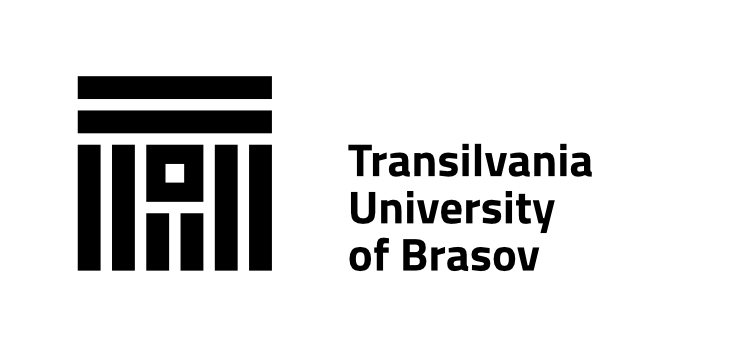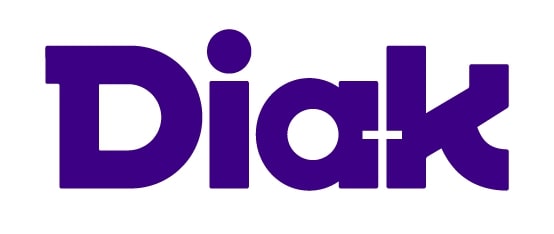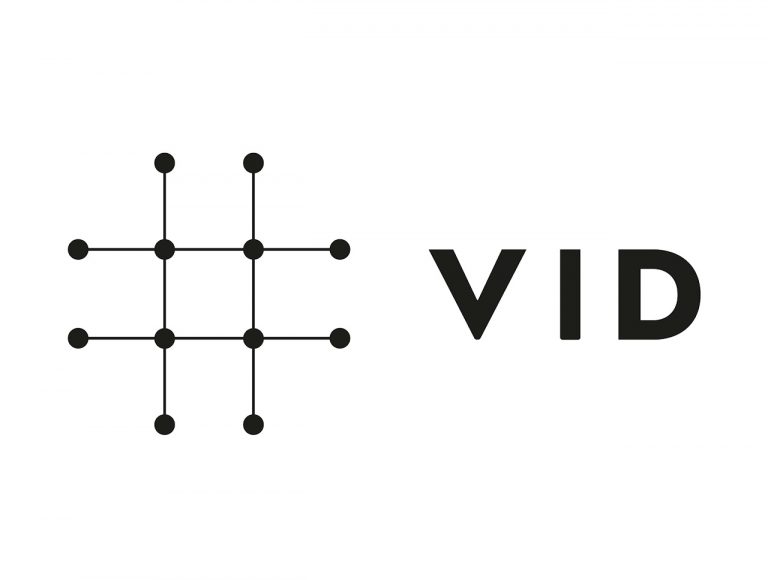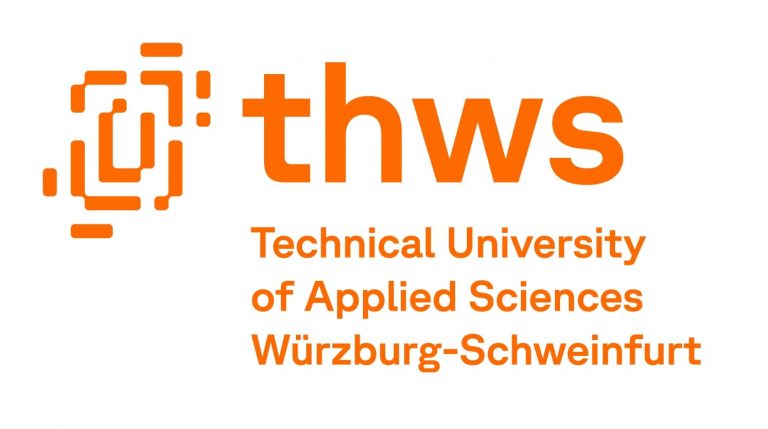Partners
Leader

Transilvania University of Brașov, Romania (UNITBV)
Transilvania University of Brasov (UNITBV) is the largest comprehensive public university in the central region of Romania, founded in 1948, with 19.038 students and 740 full-time teaching staff. UNITBV is offering a diversity of study programs (100+ bachelor programmes, 70+ master programmes, 18 PhD programmes) covering 43 domains of science in the major fields of engineering, social sciences, humanities, arts, medicine, mathematics and sports. In terms of number of students UNITBV is the 7th largest Romanian university, being focused on top performance in education, student international mobility, and the richness of students’ social and cultural experience in campus. Research at Transilvania University of Brasov is supported by the state-of-the-art infrastructure of the R&D Institute, one of the largest research platforms in South-Eastern Europe. Researchers, teaching staff and students work together in 30 research centers and interdisciplinary teams with results which have placed UNITBV among the most prestigious and competitive Romanian universities. UNITBV promotes internationalization (at home and abroad), having strong international links with centres of excellence throughout Europe and overseas for education and research.
Partners

Diaconia University of Applied Sciences (Diak)
Diaconia University of Applied Sciences (Diak) is a national-level university of applied sciences. Diak is Finland’s largest provider of university level education in social work and the biggest educator of social care professionals. It gives people the opportunity to make the world a better place and helps them find their calling and place in the world of work. Diak has a well-established place in the Finnish and international higher education field. It is the largest higher education provider in the social services sector in Finland with approximately 3.000 students in its five (5) campuses around the country. Diak is divided into four (4) operational units (Rectorate, Education, Innovations and Campus Services) which together employ around 250 people. Diak programs cover the following fields: – social work – health care – diaconal work -interpreting. Diak’s education and RDI actions aim at promoting sustainable wellbeing in the communities in the national, European and global contexts. Its strategic objective is a world where no one is left behind. Diak’s pedagogy is rooted in flexible blended learning solutions on and off campus. E-learning facilities, support services and learning processes are highly developed and are in daily use both in national and international co-operation. Diak has a proven track record of project planning, implementation and management, exploiting multiple funding instruments. Its wide range of services and RDI activities enables it to engage in an active dialogue with the broader society and to innovate solutions to the current and future challenges. One of the University’s strengths include its close contacts with the civil society organisations and the labour market, and this allows it to bring the theory into the practice, and bring research results from the grass root level to the level of decision making.

VID Specialized University
VID Specialized University is an accredited, private higher education institution. With approximately 525 employees and 5290 students VID is the third largest private higher education institutions in Norway. It is a key aim and activity in VID to offer research based, future oriented education with close ties and relevance to practice, in three cycles (BA, MA and PhD), in health and social care, social sciences, cultural and religious studies, educational /pedagogical, theological, diaconal and value-based leadership studies. VID offers these programs partly campus based and partly decentralized, in flexible, digital/blended and highly accessible formats. VID has offered flexible, blended, e-learning-based decentralized higher education for welfare state professions in remote areas and municipalities for more than 20 years. Our objective is to develop as a national institution through regional cooperation. VID’s value-profile and signature implying value awareness, cultural understanding, religious literacy and life stance competence, is integrated in both intra- and extracurricular modules in all programs as well as in research. VID’s emphasis on inclusive education and research is similarly expressed in programs, modules and research on citizenship, user and inhabitant involvement, partnership approaches and participative methodologies, co-creation and social innovation, and community and service development. It is further a key aim and activity to be a social actor and an attractive partner in collaboration, contributing to mutual knowledge development and knowledge sharing, competence and capacity building, innovation and value creation, regionally, nationally and internationally, with emphasis on development of excellence in teaching and research, interaction governed by solidarity and sustainable activities. Based on these core values, VID’s slogan is: Committed to humanity – locally and globally.

Technical University of Applied Sciences Wuerzburg-Schweinfurt (THWS)
With more than 9.300 students, 200 professors and 300 administrative staff members, the University of Applied Sciences Würzburg-Schweinfurt, or FHWS, is one of the biggest universities of applied sciences in Bavaria. FHWS has two campuses in the cities of Würzburg and Schweinfurt. FHWS’s ten faculties offer more than 40 BA and MA degree programs. The broad and future-oriented programs cover technology, economics, social sciences, computer sciences, visual design and languages. A practical semester, project work and a high share of practical work in laboratories and seminars underline the importance of a practice-oriented approach at FHWS. As a UAS, incorporated in a network of regional players (business, industry and society), FHWS attaches great importance to internationalization. Since 2014, the FHWS is the first German UAS to offer bilingual bachelor degree programs in German and English, the so called TWIN programs, which enable and promote bilingual education during the course of the degree. FHWS is pursuing the goal of doing its part to cope with demographic change. The internationalization concept of the FHWS-i-Campus, based on the TWINS, was selected by the Bavarian State Government in 2014 as a “lighthouse project” for regional development and was awarded the Best Strategy Award for the best innovation concept for the internationalization of the STEM fields. The increase in the proportion of foreign students between 2014 and 2020 from 4% to 20% with a further upward trend underlines the success of the FHWS-i-campus. The TWINS have made a crucial contribution to the internationalization of the university, especially in the field of teaching. During the course of this initiative, the international partnership network has been expanded. FHWS is part of two international networks to further develop and structure its international activities in teaching and research: the World TWIN network focusing on the STEM fields and the 3IN Alliance focusing on Social Sciences. The present application for the “Digital Wellbeing in Higher Education” project is a result of the close cooperation of FHWS within the 3IN Alliance. The Faculty of Applied Social Sciences (FAS) is the second biggest faculty of FHWS with over 1.500 students. With 25 professors, 5 lecturers and 15 research assistants, its size, spectrum and interdisciplinarity enable a broad and differentiated range of courses on the bachelor’s, master’s and PhD-level. Currently, the faculty offers study programs in the areas of social work, health care management and media management and to continuing academic education courses, such as MA programs in social work, international social work with refugees and migrants (taught in English), behavior-oriented advice and music therapy for people with disabilities and dementia.